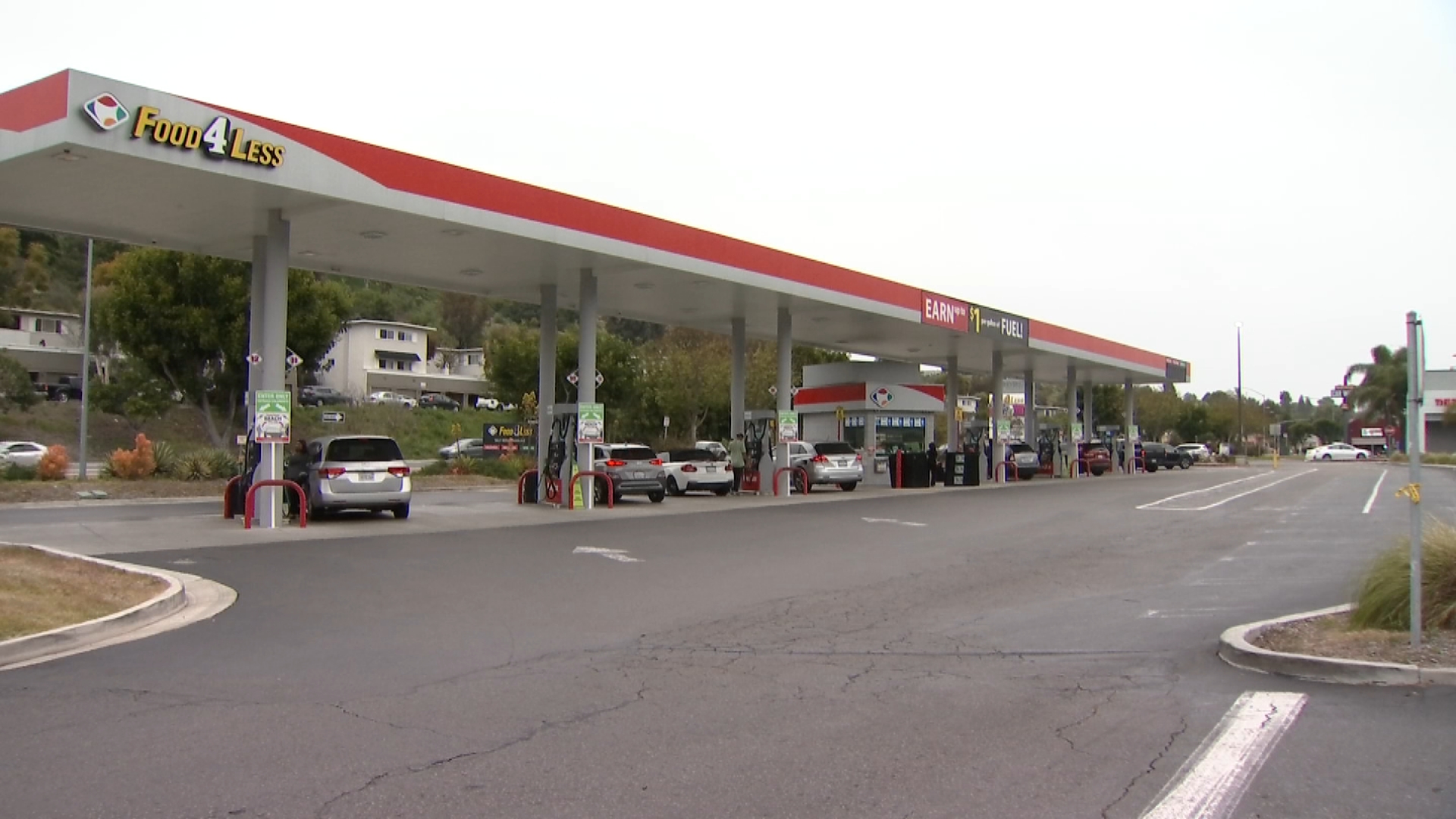Despite some encouraging New Year’s Eve developments involving “the fiscal cliff” negotiations in Washington, D.C. there's still a lot of fiscal uneasiness from coast to coast.
Especially among small business owners and struggling wage-earners.
If tax cuts expire without a compromise in Washington – and aren’t restored sooner than later -- there may be long-term economic pain.
"If we get hit, I'm done -- I have to go back and get a real job,” says Laurie Annett, who operates an equine business called Simon Sires in Carmel Valley, along with the owners of Bluepoint Farm.
They offer horse breeding, training, and rider instruction.
It's a niche business that doesn't always require clients of great wealth.
But in times of tight money, even riders with financial means can feel squeezed by the cost of feed and veterinary medicine, and look to cut back.
Several trainers assist in the operations.
Before the bottom fell out of the economy four years ago, they were working with upwards of a dozen horses at a time.
Now they’re down to around a handful.
And all the talk about the fiscal cliff hasn't helped business.
Local
While Bluepoint Farm’s operations would survive a tumble, says, Annett, "I would disappear. I'm small. My business would be gone if I have to pay any taxes, if I don't have the breaks that I have now."
Other small business owners here are taking a dim view of the future, given the sluggish, contentious proceedings on Capitol Hill.
"At what point does optimism become foolishness?" asks Dan O’Brien, owner of a women’s boutique called Octopus Clothing, a small storefont along the MTS Trolley line on C Street east of Fourth Avenue.
His customers -- mainly workers at City Hall and other downtown offices, and residents of communities not far away -- are many and loyal.
But the fiscal cliff is a top-of-mind issue for them.
"They're all worried about it, says O’Brien. “They don't know if their paychecks are going to be cut, if there's more furlough time. Some unemployment benefits end by January 1st. And within 24 hours, that's going to affect us tremendously."
But with his store’s items retailing for under $20, profit margins are small -- and O’Brien’s access to what he calls "home-run" wholesale merchandise can be spotty.
Never mind that economists say the downside of delays in Washington's deal-making can be mitigated retroactively.
It's the uncertainty of when there'll be agreement, and what's involved, that's hanging up planning for the future among businesses both large and small.
"What do you prepare for?” O’Brien wonders. “Is it going to be a week, a month, a year? Is it permanent? Like everyone, no business knows how long it's going to be -- whether it's Walmart, whether it's a small mom-and-pop business like us -- no one can prepare, because it's uncertain. We don't know what's going to happen."
Whatever the outcome of the fiscal cliff maneuvering, O'Brien thinks the whole process reflects "another failure of our politicians", and he's not expecting much else from them.
“Congress has a 15 percent approval rating, yet there’s a 94r percent re-election rating,” O’Brien points out. “Why would they change when we keep voting them in? It’s our fault we keep voting them in. They keep failing us time and time again.”



